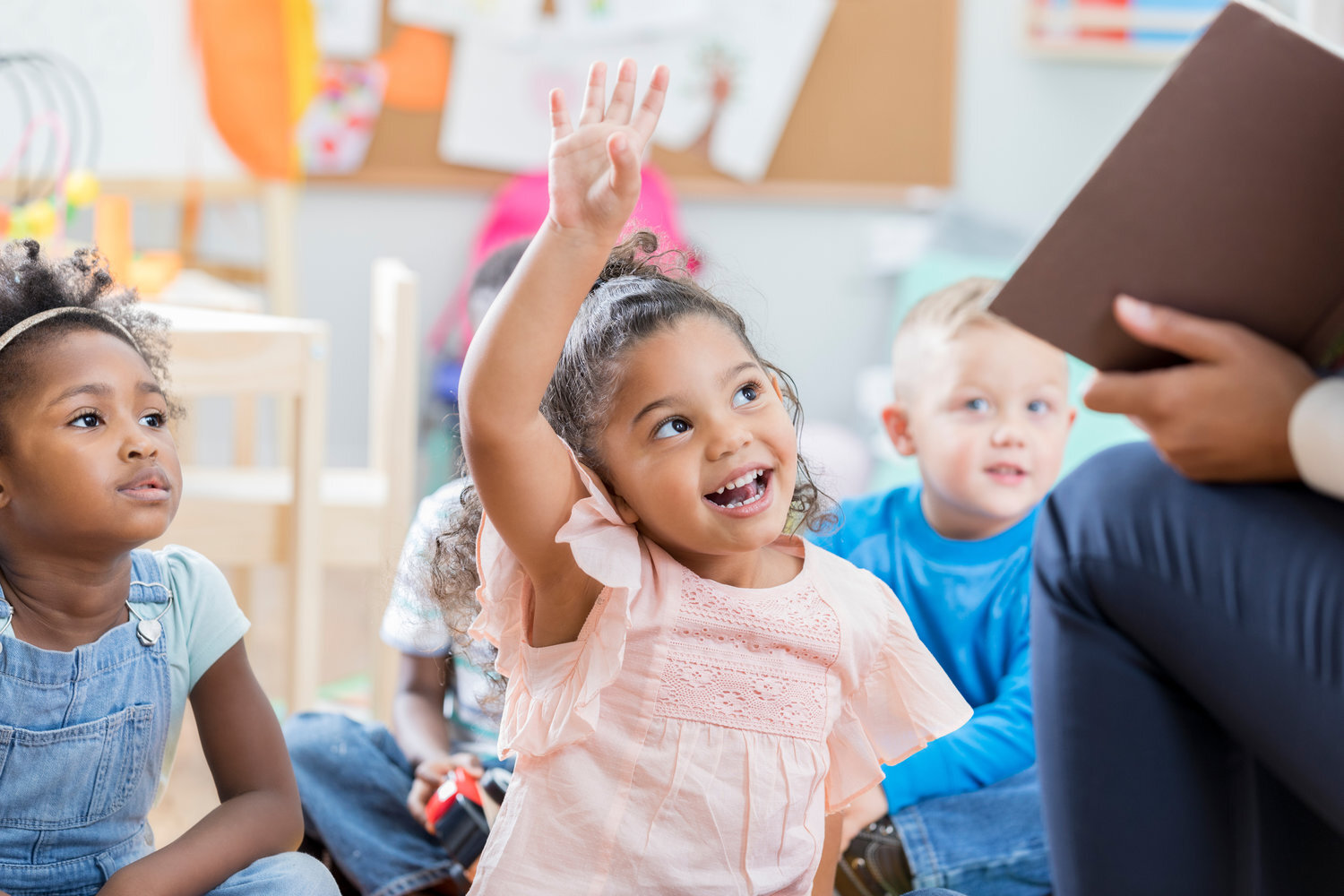Supporting children to get back to ‘Discovering’!
As humans we are born Discoverers! Babies and toddlers explore their new world with no inhibitions or preconceptions; no thoughts, doubts or fears. Take a toddler learning to pull herself up on the sofa; she has no internal dialogue, fretting “but what if I fall down and they think I’m stupid?”, or “I’m no good at this, there’s no point in trying again”. Toddlers learn through doing – through trial and error. Sometimes children make mistakes, and fall down – but that’s OK! There is no dwelling on past failures, no inner voice worrying about the past or future; they simply get up and try again. Babies and toddlers grow and learn through experiencing their environment as it is.
As children grow older, though, they develop self-talk - or thinking behaviour. We call this thinking the Advisor. Our Advisor helps us to make sense of the past and predict what will happen in the future. The Advisor develops rules to help us predict, and interact with, our world. A helpful rule for example might be “the last time I left all my toys out, I tripped over and got hurt – I’d better put them away this time!” Or, imagine a child who repeatedly snatched toys from other children, and so other children avoided playing with them. This child’s Advisor might help them to avoid social isolation and make friends, by developing a helpful rule like “when I take Evie’s toy, she gets really upset. I like Evie and want to be her friend, so I won’t do that again”.
The Advisor can develop some unhelpful rules, though. Children who engage in negative self-talk (“I’ll always be rubbish at football”, or “I’ll never make friends”) are less likely to push themselves to try new things, or take risks. A child who believes they are rubbish at making friends (a rigid self-view) is less likely to push themselves to talk to a new friend in the playground, for fear of rejection. By teaching children to engage their Discoverer – to have the confidence to feel the fear and do it anyway - we can support young people to develop fulfilling and meaningful lives.
Through Connect PSHE children learn to acknowledge their Advisor thoughts, and activate their Discoverer to try new things like trying out for the football team, or inviting a friend round for a play date. Doubts and fears are a normal part of everyday life! The earlier we can teach children to effectively recognise and manage these feelings - and engage with the world in a meaningful way despite these worries - the closer we can get to achieving our dream of a new generation of mentally healthy, emotionally resilient young people.
Image credits: @hannahtasker, Unsplash
Emily Goyen is a consultant behaviour analyst with 10 years experience supporting children and young adults with developmental disabilities. Her interest in mindfulness and mental wellbeing approaches began after finishing university, and these have shaped her personal and professional development since. She is passionate about improving emotional resilience and psychological flexibility for the next generation. Emily is Director of Operations at Connect PSHE.


